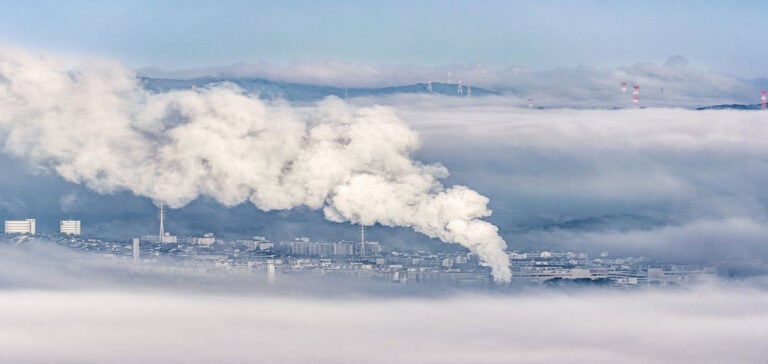Oil and gas licenses in the Gulf of Mexico, authorized by President Biden, break his climate-friendly campaign promise, sparking controversy.
Joe Biden’s administration recently announced its decision to issue new oil and gas licenses in the Gulf of Mexico, provoking a strong reaction from environmental groups and the oil and gas industry. This decision, which runs counter to the Democratic president’s campaign promise to combat climate change, has sparked intense debate.
Background and implications
The Interior Department’s announcement came as a shock to many environmentalists, who see the measure as a major setback in the fight against climate change. The decision authorizes three drilling licenses for the period 2025-2029, a considerably smaller number than the 47 planned for the same period under Donald Trump’s previous administration.
According to the Department of the Interior, this decision stems from legislation known as the Inflation Reduction Act (IRA), which requires the state to open up hydrocarbon permits in order to allow more wind projects. The measure was part of President Biden’s energy and climate transition effort, although he had to compromise to get Congressional approval in 2022.
Passionately debated on both sides of the political spectrum, this decision is being defended by the Biden-Harris administration as a way of supporting the growing wind industry. “The Biden-Harris administration is committed to building a clean energy future that ensures energy independence for America,” said Deb Haaland, Secretary of the Interior.
Reviews and reactions
However,environmental and climate associations have strongly criticized this decision. Beth Lowell of NGO Oceana calls it “beyond disappointing”, noting that it comes as the U.S. faces increasingly frequent and severe climate disasters, including wildfires, droughts, hurricanes and floods. She also accuses President Biden of favoring the interests of polluters over real solutions for the climate.
Mattea Mrkusic, from the Evergreen Action association, points out that experts have been warning for years that any new fossil fuel production is incompatible with the objective of limiting global warming to 1.5°C. What’s more, the International Energy Agency (IEA) recently confirmed that such fossil fuel projects are not necessary to meet energy demand.
The main American oil lobby, the American Petroleum Institute, also criticized the decision, calling it “too restrictive”. Mike Sommers, President of API, believes that this energy policy is contributing to inflation and high costs at the pump, which are already being felt by Americans.
The consequences of the decision
The US government’s decision to issue new oil and gas licenses in the Gulf of Mexico has provoked a mixed reaction, with potential benefits for the wind industry, but also strong criticism from environmentalists and the oil and gas industry. It highlights the complex challenges facing the Biden administration as it attempts to reconcile environmental goals with current political and economic realities. This decision will undoubtedly have a major impact on the climate debate in the United States.






















